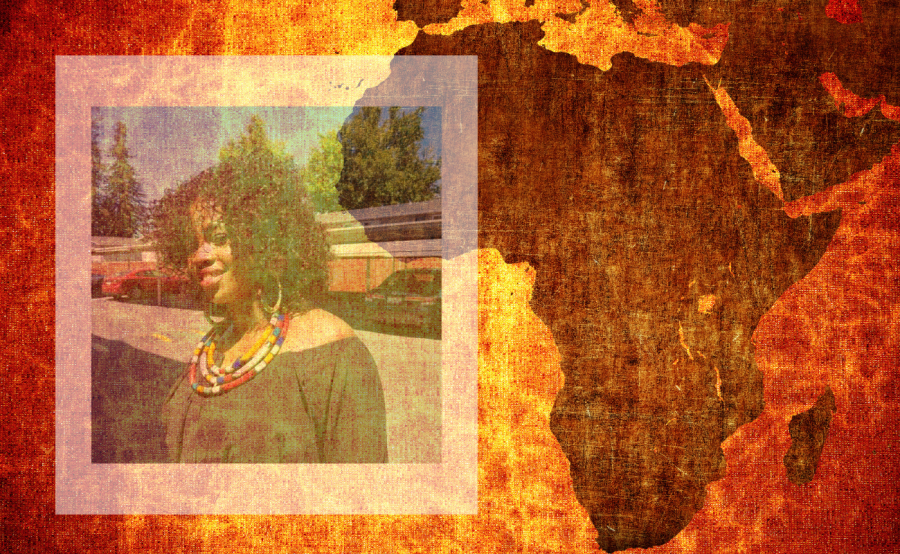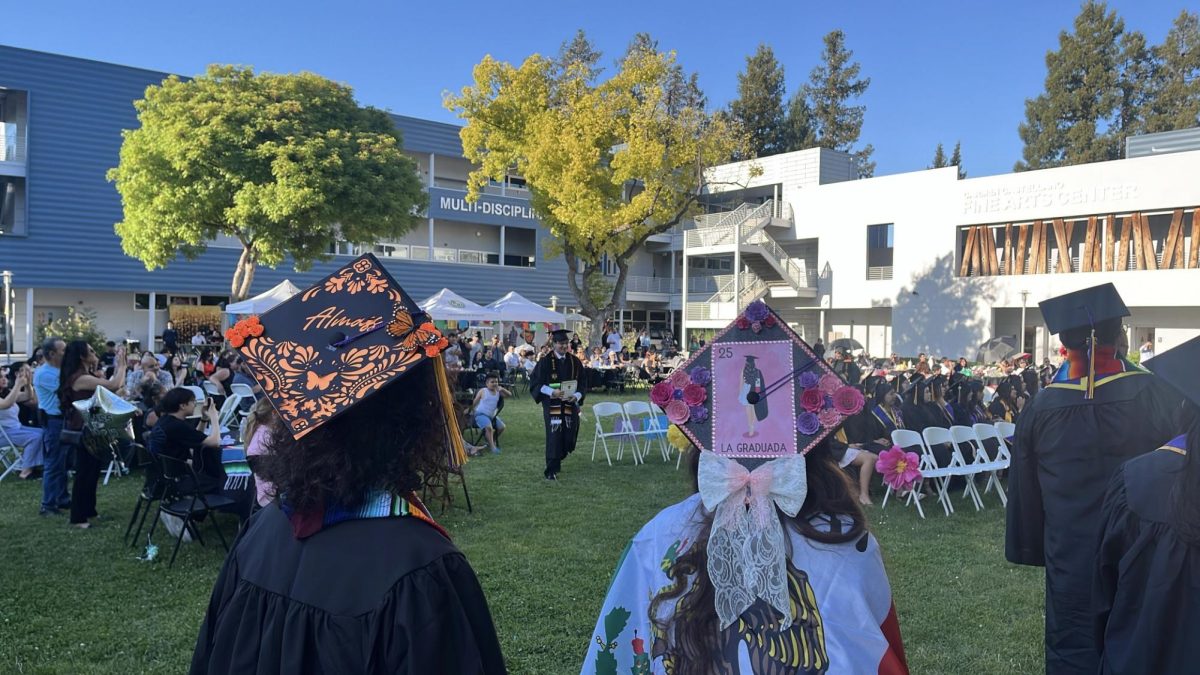The first time she walked the streets of New York City, she asked someone for directions and he said, without even slowing down his pace, “New Yorkers are fast. If you collide with them, you’ll pass out,” Unathi Zibi said, describing her first encounter with American culture at her arrival in the U.S. in 2015.
Zibi, a 32-year-old Communications Major student from San Jose City College, was born and raised in a small village in Eastern Cape, South Africa.
She migrated to the U.S. with an Intercultural Exchange visa, and she said that her heart was full of hopes and dreams.
Her biggest challenge so far is trying to fit into American culture.
“Here we have African American people, Mexican people, Hispanic,” Zibi said. “I’m still trying to adapt to people’s culture, how they like to do things. It is a lot. “I have to learn every day about the same thing because people see it differently. I don’t like that.”
Zibi said that it was so much easier to socialize in South Africa.
“In South Africa, people live in tribes, with cultures that have been passed down for centuries.” Zibi said, “In the U.S., every person seems to have their own culture.”
Zibi did not spend all of her early life in the village. She moved with her family to the city, finished high school and studied journalism in college.
She was passionate about Journalism but could not go too far with it in her country because there was too much corruption.
In the summer of 2015, Zibi moved to California. She arrived in Palo Alto and decided to visit San Francisco at the celebration of Pride.
“I was like damn, that’s what you guys are doing.” Zibi said. “What I saw in S.F. was very interesting.”
Zibi is not concerned about other people’s sexual orientation.
“I don’t have a problem with it; it is whatever you choose,” Zibi said, “In my country, people are not so free. I honestly feel there is a lot of freedom in this country, and it ends up confusing people like me.”
Zibi said that she had many wishful thoughts of her life in American.
“I thought when I came here, I will have a best friend who is African American; but no, they don’t like us that much,” Zibi said.
“I mean probably not all of them; but for the most part, the ones I met and became friends with, they say you are the only African I am friends with. I don’t like Africans. Literally, they said that. It blows my mind,” Zibi said.
Another shocking experience was the friendly way some white people treated her.
Zibi never had a conversation with a white person before coming to the United States.
On her first day at gym class, Zibi said it was a boot camp.
“You know in boot camp you need a special dumbbell, and there was this white lady. She was so nice with me, helping me out. That it made me skeptical,” Zibi said.
Cultural adaptation is not an easy task for international students at SJCC.
“Even if you try to make a conversation, they won’t be interested, even if you tried to be nice,” Zibi said.
Out of the 20 classes she has taken, there were only three classes where she encountered a friendly group and felt supported.
“Everyone is in and out (of class). I got someone’s number. I texted the person and never replied,” Zibi said.
She continues her journey, trying to understand the complexity of American Culture.
“Overall, I feel comfortable. For the most part I had a warm welcome. That’s what I love. I have never had anybody that was mean to me or who mistreated me. Initially everyone has welcomed me so well.” Zibi said.
According to her friends and family, Zibi is a courageous, outspoken, friendly and loving individual.
“She never gives up,” Jenala Stepheson said, one of Zibi’s friends.
Zibi said that her village is the most beautiful place in the world.
“It is peaceful and everyone cares for each other,” Zibi said.
She stayed in America because it is a land of opportunity for her.
“Everyone can find a job in America,” Zibi said.
She advises all international students struggling to adapt, to be open-minded.
“Things are different. Be mindful of the things you say and how you act. Try to learn your surroundings and don’t take things too personally,” Zibi said. “There are good people and they will come to you. You don’t need a lot of random people in your life just for the sake of having classmates/friends.”







